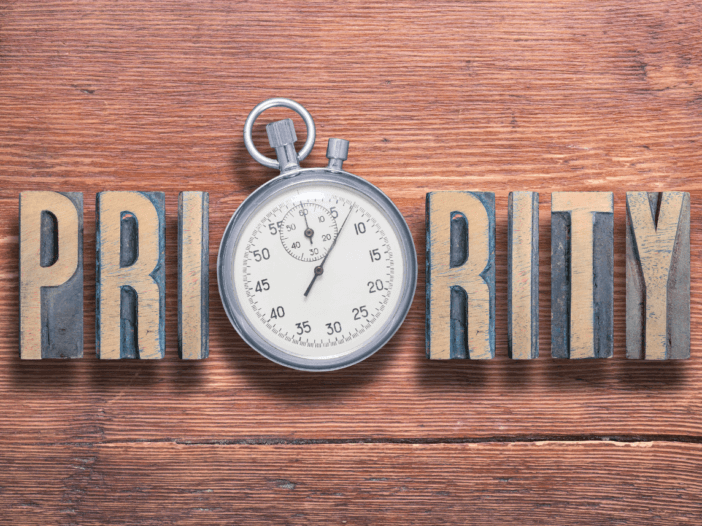
Thinking about the future, especially what happens after we pass, can be tough. It’s not something we like to dwell on, but creating an estate plan can help you ensure your loved ones are taken care of. By setting clear priorities, you can craft a plan that reflects your wishes and provides a secure future for those you care about most.
Here’s how to get started:
Why Priorities Matter in Estate Planning
The foundation of a successful estate plan starts with understanding your goals. What do you want to achieve for your family, friends, or favorite causes? By identifying your priorities, we can work with your financial and legal advisors to ensure your money and assets are used exactly how you want, without conflicts or complications down the road.
Common Priorities to Consider
Not sure where to start? Here are some common estate planning priorities to help guide your thinking:
- Avoiding Probate: Many people want to keep their loved ones out of probate court, which can be costly, slow, and stressful. However, some prefer probate to ensure a neutral judge oversees everything in case of disputes.
- Avoiding Conservatorship/Guardianship: If you become incapacitated, estate planning can prevent your loved ones from needing to go to court to manage your finances or medical decisions. Without legal instructions, they might have to petition a judge, which is both public and time-consuming.
- Simplifying Post-Death Administration: The right estate plan makes things easier for your family. With legal tools in place, they can follow your instructions smoothly, reducing stress during a difficult time.
- Providing for Loved Ones: Each loved one’s needs are unique. Some might need more support, such as minor children or family members with special needs. Consider how much you want to leave and to whom.
- Protecting Children or Grandchildren’s Inheritance: Instead of leaving an inheritance outright, you can set up distributions at certain life stages or at the discretion of a trusted person. This ensures your gift is used wisely.
- Protecting Your Spouse’s Inheritance: You may want to leave everything to your spouse, but it’s important to balance protection with their flexibility and control over the inheritance.
- Disinheriting Family Members: If you choose to leave someone out of your will or trust, they might contest it. Careful planning can help minimize the risk of disputes.
- Supporting Charities: Leaving a legacy by donating to charity is wonderful, but remember, it reduces the amount left for your loved ones.
- Reducing Estate Taxes: While only high-net-worth individuals typically face estate taxes, it’s worth considering strategies to reduce this liability.
- Managing Trust Income Taxes: Trusts can reach higher tax brackets quickly. If you want to reduce taxes, you might need to distribute income to beneficiaries, so it’s taxed at their rate.
- Avoiding Will or Trust Contests: Clear, legally sound estate plans can prevent family disputes. Working with an experienced attorney can help minimize conflicts.
Steps to Prepare Your Estate Plan
Here’s how to make sure your estate plan reflects your wishes:
- List What You Own: Start by listing your assets and any outstanding debts. This gives everyone a clear snapshot of your financial situation. Don’t forget life insurance benefits, which may not help you directly but will benefit your loved ones.
- List Your Priorities and Beneficiaries: Write down your priorities and the people or organizations you want to leave money to. Estimate how much you want to leave and in what form (e.g., lump sum or trust).
- Rank Your Priorities: Prioritize your list. If your assets run short, which gifts should come first? It’s good to have a backup plan in case everything can’t be funded.
- Meet with Your Advisors: After outlining your priorities, meet with your financial and legal advisors. They can help ensure you have the right strategies in place to meet your goals.
Give the Gift of Peace of Mind
An estate plan is one of the greatest gifts you can give your loved ones. Ready to get started? Schedule an appointment with us to design a plan that meets your unique needs and priorities.
